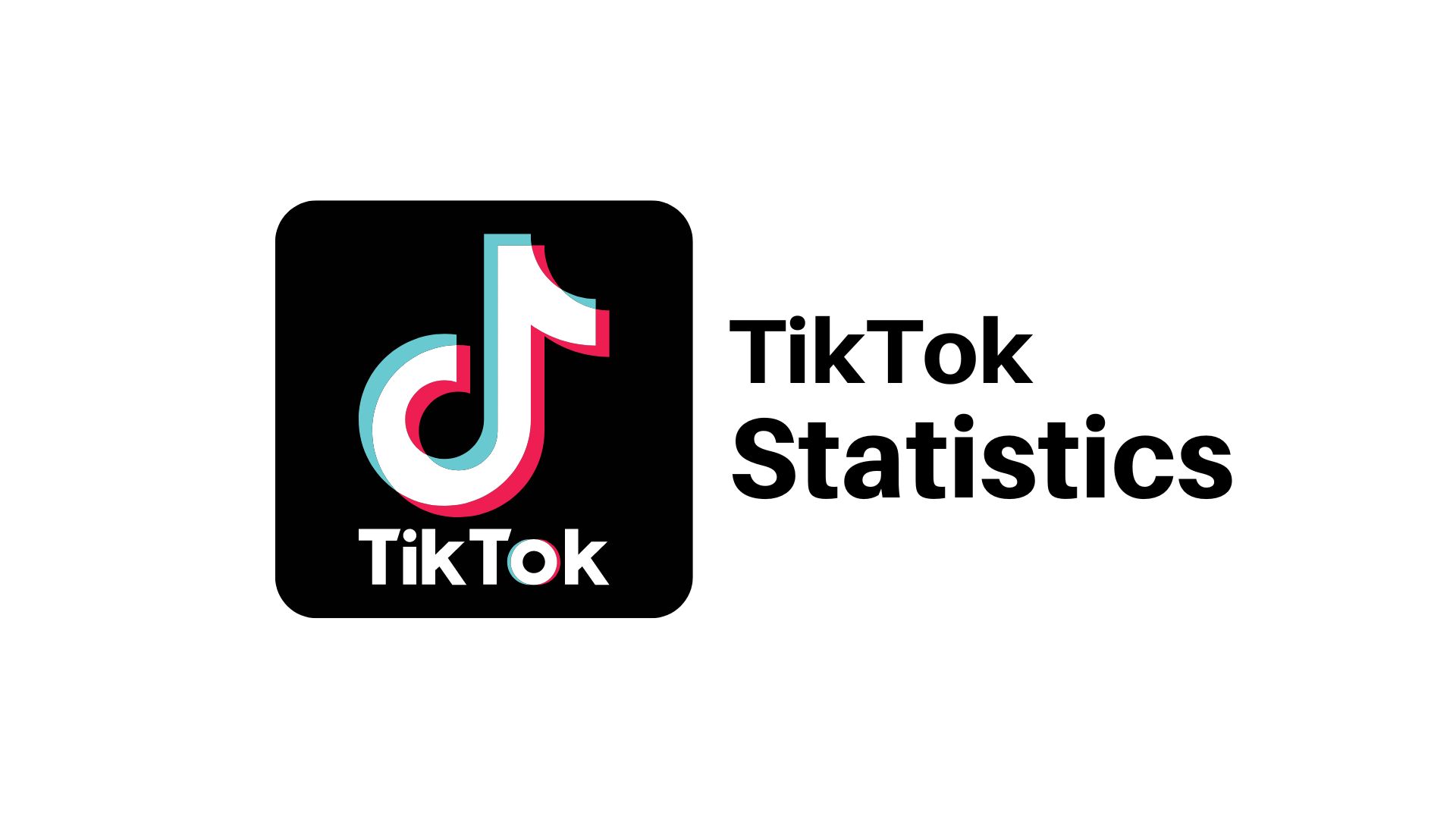Oracle CRM Buying Guide
Page Contents
It's not quite the 57 varieties of Heinz or the 31 flavors of Baskin Robbins, but Oracle provides a hearty number of customer relationship management (CRM) products within its enterprise applications portfolio – four to be exact.
• Oracle CRM On Demand
• Oracle E-Business Suite (EBS) CRM
• Oracle PeopleSoft Enterprise CRM
• Oracle Siebel CRM
A couple of these came to it through acquisitions – most notably Siebel and PeopleSoft.
So when it comes time to choosing CRM products, which Oracle flavor is the right one to consider?
William Band of Forrester agrees with this simplistic overview:
Deploy Oracle EBS CRM and Oracle Peoplesoft CRM if you already have the EBS or Peoplesoft Enterprise Resource Product (ERP) products running.
Otherwise, choose Oracle On Demand CRM if you want Software as a Service (SaaS), or Oracle Siebel CRM if you want enterprise-class CRM.
“Oracle EBS CRM and Oracle PeopleSoft CRM are fading into the background and not getting much investment and development for the future,” said Band. “Oracle Siebel CRM remains Oracle's flagship product and receives the bulk of Oracle's investment and attention.”
Other analysts concur with this assessment. Gartner, for example, placed Oracle Siebel CRM and Oracle CRM On Demand in the leader's segment of its recent Magic Quadrant.
Let's take a look at each of the four products.
Oracle Siebel CRM
Oracle describes Siebel CRM as the world's most complete CRM solution. It is available as on premises and on demand, as well as in specific tailored versions for government and other verticals. It includes modules for such areas as sales force automation, quote & order capture, marketing, contact center, e-Billing and partner relationships.
“Oracle Siebel CRM's notable recent changes include significant success with the Siebel Loyalty Management solution,” said Band. “Oracle Siebel CRM is still the most full-featured CRM solution, with a breadth and depth of functionality for many industry verticals.”
He added that the company had been doing a lot of work to lower total cost of ownership (TCO) by introducing more pre-integration with other solutions and offering “rapid implementation” methodologies and tools to reduce upgrade costs.
Oracle CRM On Demand
Oracle CRM On Demand offers most of the features of Siebel CRM, but is a hosted solution. It's most recent iteration, Oracle CRM On Demand Release 19, introduces new cloud and mobility features such as iPad tablet, iPhone, BlackBerry and Microsoft Outlook support. Updates happen automatically across the system so that sales people accessing data won't be fed out of date information. The interface has been adapted to give the same look as Microsoft Outlook, which makes it easier to learn and use.
“Oracle CRM On Demand continues to be the focus of Oracle's play in the CRM SaaS solution segment with steadily enhanced capabilities and a sound future road map, including industry vertical functional enhancement,” said Band. “A significant new development was Oracle's acquisition of Market2Lead, a lead management solution that includes tools for landing pages and microsites, digital prospect tracking, progressive profiling, lead scoring, email marketing, nurture campaigns, automated distribution of sales-ready leads to the sales team and marketing analytics. This fills a gap in the Oracle CRM On Demand solution footprint that Salesforce.com does not have.”
He gives Oracle CRM On Demand high marks for ease of use and relatively fast deployment time.
Oracle PeopleSoft CRM
Oracle PeopleSoft Enterprise CRM is a family of applications in Oracle's PeopleSoft Enterprise product suite. This includes analytics, marketing, sales, service, partner relations and versions for specific industries. Band recommends it for people who already have PeopleSoft in operation for ERP.
“Oracle EBS CRM and Oracle PeopleSoft Enterprise CRM are good options for ERP customers,” said Band. “ERP integration is a strength of PeopleSoft Enterprise CRM, which has unique functionality to meet the relationship management needs of the higher-education sector and offers new solutions to support human resources professionals.”
Oracle E-Business Suite CRM
From measuring marketing campaigns to automatically dispatching field technicians to remote locations, Oracle has more than 50 CRM-specific applications as part of EBS CRM.
“Oracle EBS CRM attracts customers by providing ease of integration into the rest of the Oracle EBS suite and offering strengths in field service and sales compensation management,” according to Band.
Fusion CRM: Coming Soon
Interestingly, the Oracle CRM landscape is scheduled for a major change in the near future. It is likely, of course, that EBS and PeopleSoft CRM will fade gradually from view. This will be accelerated by the release of Oracle's new line of Fusion applications, which are being developed right now and are in the early stages of deployment.
CEO Larry Ellison announced the release of Fusion at Oracle World last year. He said that in time it will replace all Oracle, PeopleSoft, JDEdwards and Siebel middleware as well as all as all the applications that run on them. This will have a fundamental impact on Oracle's CRM product lines.
“Fusion has a modern familiar interface with collaboration and social networking built in,” said Ellison.
It will be available on premise, in a public cloud, private cloud or in a hybrid arrangement. A key design principal is for the new version of Fusion to be business intelligence-driven, as opposed to just having BI functionality built in.
“Information age ERP, CRM and HRMS provides insight as to who you should buy from,” said Ellison. “Instead of having to ask developers to make changes, Fusion applications will be accessible by business managers who can adjust them to suit their needs.”
As Fusion rolls out, then, look for it to become the dominant flavor of Oracle CRM.
For more on CRM, see our small business, midmarket and enterprise CRM buying guides. And for the latest on Oracle's CRM offerings, see An In-Depth Look at Oracle Fusion Applications.

Drew Robb is a writer who has been writing about IT, engineering, and other topics. Originating from Scotland, he currently resides in Florida. Highly skilled in rapid prototyping innovative and reliable systems. He has been an editor and professional writer full-time for more than 20 years. He works as a freelancer at Enterprise Apps Today, CIO Insight and other IT publications. He is also an editor-in chief of an international engineering journal. He enjoys solving data problems and learning abstractions that will allow for better infrastructure.

